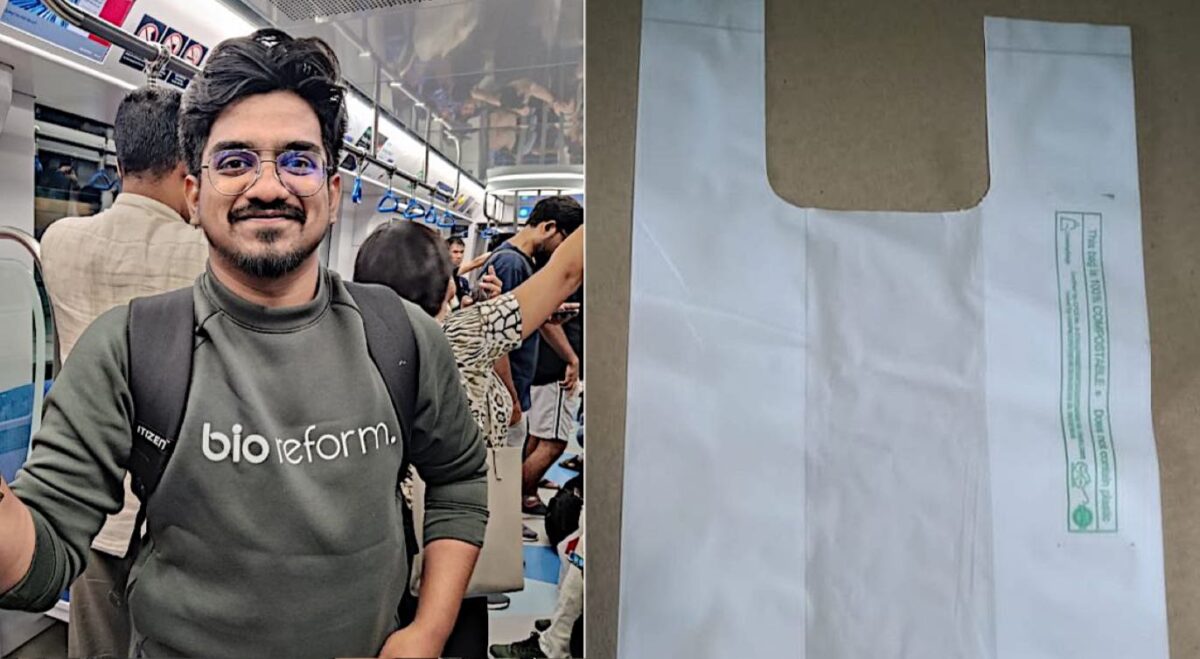Plastic from Corn Waste

An Indian entrepreneur is using sugar, cellulose, and corn fibers to create a plastic-like bag for small Indian businesses. His company, Bio Reform, has already replaced 6 million plastic bags at checkout counters across India.
Based in Hyderabad, Mohammed Azhar Mohiuddin conceived the idea during the pandemic. He focused on society’s heavy reliance on plastic, particularly plastic shopping bags, and sought an alternative.
While large brands were switching to paper or jute alternatives, small and medium businesses in India found biodegradable bags too expensive. Mohiuddin researched a biodegradable polymer called PBAT (Polybutylene adipate-co-terephthalate), developed in the 1980s using corn and potatoes.
After navigating scams and government quarantines to find suitable machinery in Gujarat, his presentation on PBAT secured nearly $100,000 (RS1 crore) in seed funding, allowing him to launch the project. “I tried to balance both my studies and the operations of the company—from collecting raw material, assisting workers to manufacture bags, delivering the products in the market,” Mohiuddin told The Better India. “I used to sleep in a corner in the factory.”
Despite facing bankruptcy, university challenges, and a backlog of orders, Bio Reform eventually turned a profit and now produces nearly 500,000 bags annually, with a gross revenue of $180,000.
“Issues related to plastic pollution are not limited to affecting aquatic life and animals anymore. Today, microplastic has reached our bloodstream. Bottled water contains microplastics. Addressing this is an important and urgent problem,” he told TBI.